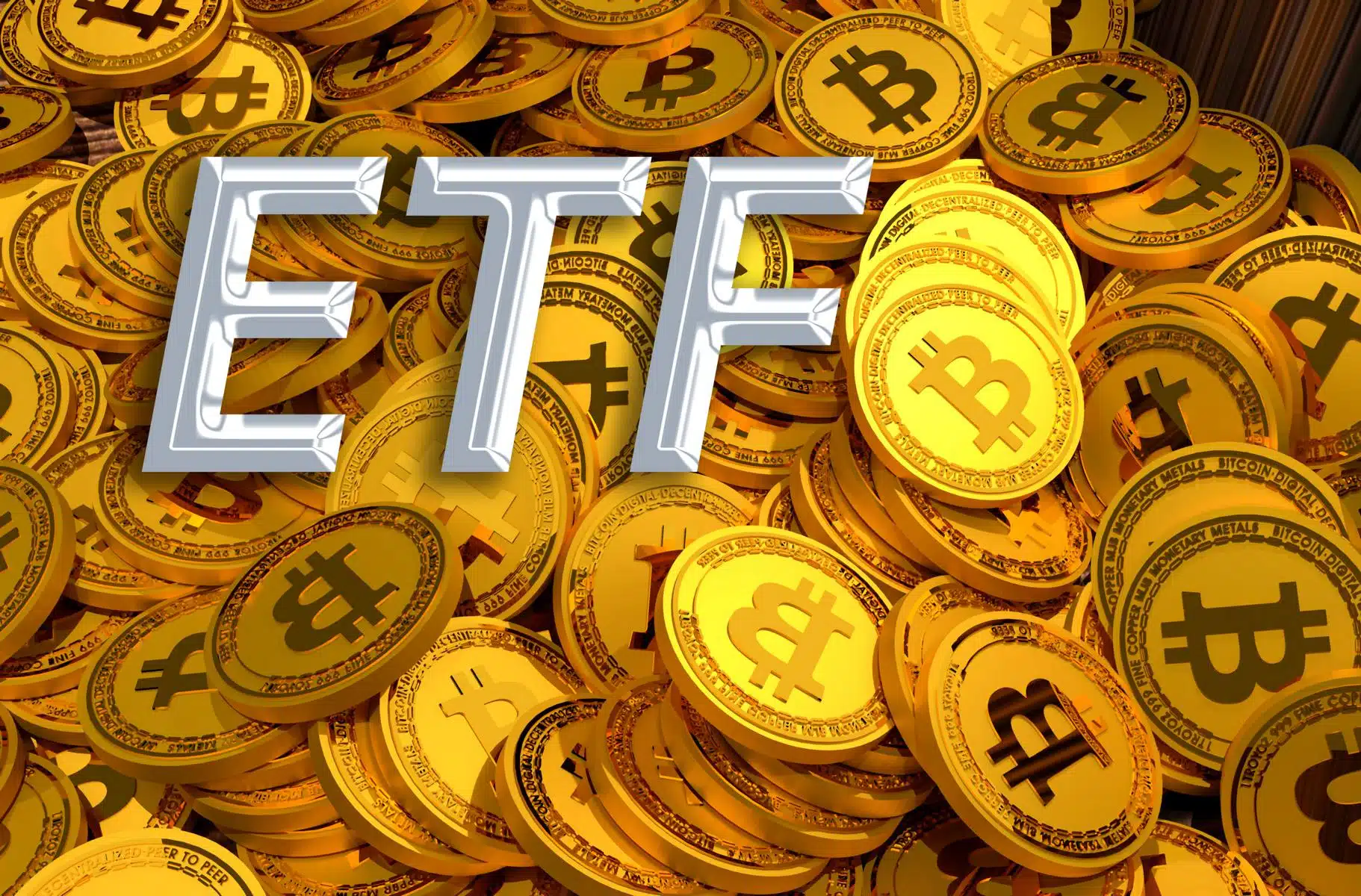- As the world gears up for a Bitcoin spot ETF, industry expert Samson Mow says that the issuers will be forced to reveal on-chain addresses to ensure they don’t fake the trading volume.
- None of the 14 applicants have on-chain proofs of BTC holdings, which some experts leave leeway for manipulation, although others argue that a BTC ETF will be no different to traditional ETFs.
The date for the SEC’s decision on a Bitcoin spot ETF is edging ever closer, but while the excitement is reaching a fever pitch, some experts are questioning the ability of the ETF issuers to remain above board while reporting their activities. One of the sceptics is Bitcoin thought leader Samson Mow, who says the issuers might be forced to integrate verifiable on-chain proof of holdings to assuage the market.
Spot ETFs in the US crypto market could be live by the end of this month. And while initial investment will be led by hype and excitement, investors will eventually start judging the issuers by their fundamental metrics. One of them is whether they can be trusted, and according to Mow, this is where on-chain proofs will come in.
The CEO of game maker Pixelmatic and hyperbitcoinization firm Jan3 told one outlet recently that on-chain proofs will become the key to the ETF issuers’ success. However, none of the 14 companies that have filed applications with the SEC, including BlackRock and Fidelity, have disclosed such plans.
Mow is the latest industry leader to question whether issuers can be trusted to uphold integrity with their issuance and accounting. Josef Tětek, an analyst at crypto hardware wallet company Trezor, voiced similar concerns recently. He claimed that the issuers might claim to be holding BTC that they don’t, effectively leading to “paper Bitc0in”, which the investors pay for but doesn’t exist in reality.
“The result could be the creation of millions of unbacked Bitcoin, which would distort genuine markets and depress the value of real Bitcoin — all while handing greater agency to the giants of centralized, traditional finance. The very antithesis of Satoshi’s original vision,” he opined.
Can the Bitcoin Spot ETF Issuers be Trusted?
While these concerns are somewhat valid, they are also being blown out of proportion. For one, ETF issuers fall squarely within the traditional financial regulatory circles. This means they are strictly regulated, regardless of whether the underlying asset is a physical asset like gold or a digital asset like Bitcoin.
Additionally, the same arguments against Bitcoin can be made against the SPDR Gold Trust, the largest gold ETF. However, State Street, which issues the ETF, has never faced such allegations.
Mow admitted as much, stating:
Technically, it should not be possible for an ETF to issue unbacked shares, as they are tightly regulated, but regulation doesn’t necessarily mean that issuers play by the rules.
While these particular concerns don’t hold much water, transparency will still be critical to the ETF issuers as the crypto market has seen a higher share of scams, rug pulls, mismanagement and heists than other financial fields.
Crypto News Flash does not endorse and is not responsible for or liable for any content, accuracy, quality, advertising, products, or other materials on this page. Readers should do their own research before taking any actions related to cryptocurrencies. Crypto News Flash is not responsible, directly or indirectly, for any damage or loss caused or alleged to be caused by or in connection with the use of or reliance on any content, goods, or services mentioned.
Credit: Source link













































































































































